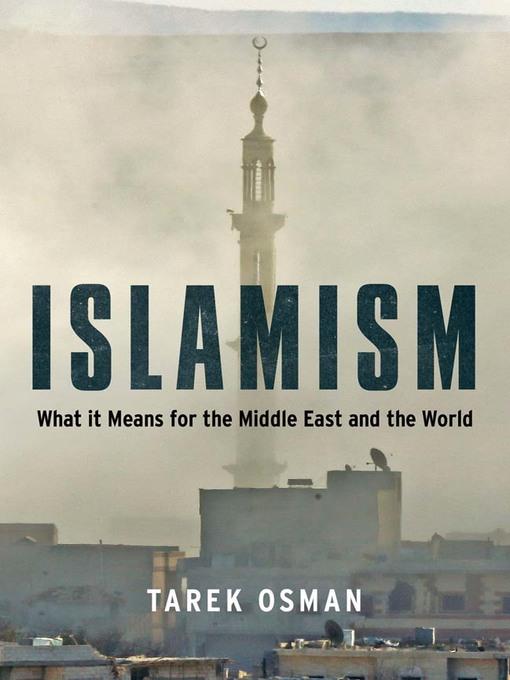
Islamism
What it Means for the Middle East and the World
کتاب های مرتبط
- اطلاعات
- نقد و بررسی
- دیدگاه کاربران
نقد و بررسی

January 11, 2016
Osman, a political counselor and essayist, reviews the rise, and challenges of Islamism in the Middle East in this informative work, covering Islamism from the founding of the Muslim Brotherhood in the 1920s to current elections in Egypt, Tunisia, and Morocco. Osman is well-versed in the political dynamics of the Middle East and his prose is deliberate and lucid, though possibly too deliberate for the general reader. The book provides useful context as it strives to be comprehensive, considering perspectives from Turkey, Iran, Gulf countries, secularists, and non-Muslim minorities; this analysis of the interplay among various countries in the region is truly fascinating. Osman’s attempt at comprehensiveness, however, leaves the narrative feeling overweight toward North Africa (rather than the countries of the Levant) and at times it reads like a list of quick summaries. His focus on providing context makes his speculations and predictions feel brief, offering only a few unique insights, not explored with greater depth in other sources. Still, readers interested in the Middle East and unfamiliar with the depth of geopolitical strife behind the headlines will find this a helpful and clear introduction.

Starred review from March 1, 2016
This book isn't about the religion, Islam. It is about political movements aimed at giving their countries modern systems of government that are Islamic yet representative on an equal basis of populations including Christians, Jews, and nonbelievers as well as Muslims. This tendency within the Islamic world is as new as the early twentieth century, and its longest-lived expression is the Muslim Brotherhood of Egypt, founded in 1928. Osman focuses on the Arab nations of the Middle East and North Africa, tracing Islamism in each, though with necessarily closer attention to the trio of Egypt, Tunisia, and Morocco, in which Islamist parties won electoral majorities or pluralities after the 2011 Arab Spring but failed to reset their governments. He also examines the wealthy, authoritarian Persian Gulf states' wary stance toward Islamists in general; the models that successful Islamic regimes in non-Arab Turkey and Iran represent to Arab Islamists; the mutually suspicious regard Islamists and the West have of each other; and the dilemmas facing Islamism in the wake of recent failures (especially in Egypt) and the burgeoning of reactionary, often violent Salafist (from salafi, the predecessors) tendencies within Islamism, most notoriously, ISIS. Writing as a reporter-historian of the highest order, Osman provides a masterly overview of one of the most important political currents in the world today.(Reprinted with permission of Booklist, copyright 2016, American Library Association.)

























دیدگاه کاربران